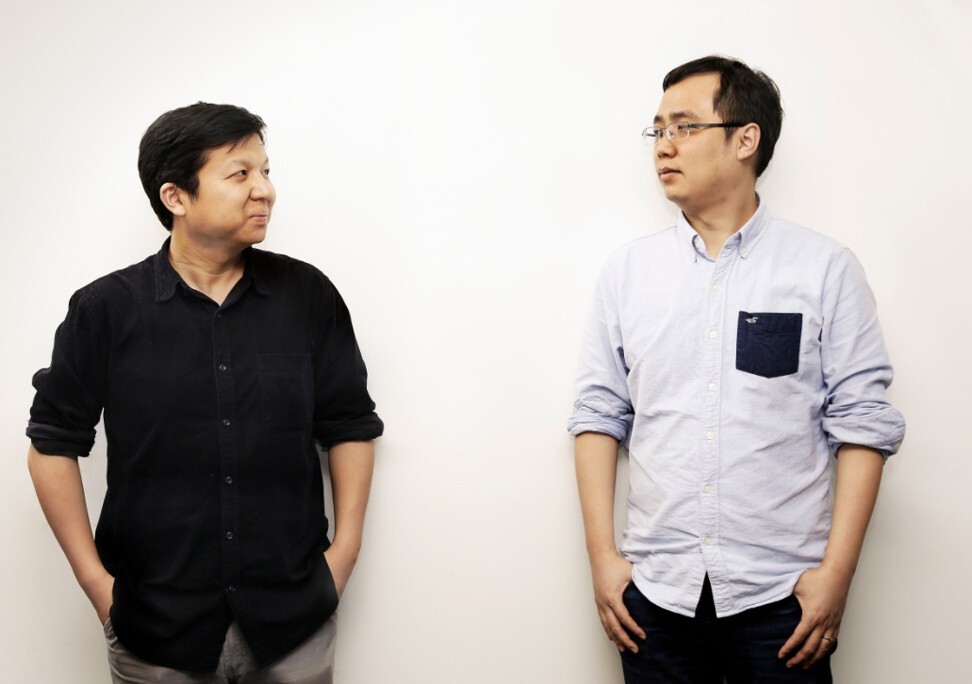
Kuaishou shares jump 161 per cent in debut as Hong Kong’s hottest IPO paves way for offerings from rival video-sharing app owners
- Kuaishou’s shares began trading at HK$338 per share and rose by as much as 200 per cent to HK$345 versus its IPO price of HK$115
- The stock closed at HK$300 on Friday, valuing the 10-year-old unprofitable company at HK$1.23 trillion (US$159 billion)
The stock completed its first day of trading at HK$300, more than double its offer price of HK$115, after earlier hitting a high of HK$345. The shares were indicated at HK$322 in the grey market on Thursday.
The surge in Kuaishou’s market debut valued the group at HK$1.23 trillion (US$159 billion). Tencent Holdings has a 17.7 per cent stake in the company.

Kuaishou’s listing is a watershed moment for the group, chief executive Su Hua said at an event in Beijing on Friday. “To us, the listing in Hong Kong represents the starting point whereby [the company] see even greater challenges and opportunities going forward,” he said in a speech uploaded on Weixin, a popular domestic social messaging app.
“Given the persistent gain of the overall Hong Kong equity market, holding stocks has become more attractive due to the potential for higher returns over bonds,” said Susanna Chau, a retiree in her 50s who got one lot of Kuaishou shares after submitting an order for 10. “I was attracted by the growth prospect of Kuaishou. The current strong stock market in Hong Kong has also made IPOs more attractive in general.”
The Hang Seng Index, the market barometer, has risen 7.6 per cent this year. Three-year inflation-linked retail bonds issued by the Hong Kong government in November pay a guaranteed interest rate of 2 per cent per annum.

“I’m planning to buy my friends and my broker a dinner,” said Ellris Fung, a pensioner who said she would start researching Kuaishou after she was allotted 100 shares, using a HK$500,000 margin loan at a rate of 2.88 per cent per annum to bid for 5,000 shares.
Fung was allotted 1,000 shares of Microsoft Cardioflow Medtech Corporation, which jumped 54 per cent in its trading debut a day earlier, making her a paper profit of HK$6,620.
“Short-form videos are more widely accepted in China, thanks to the popularity of Douyin and Kuaishou,” CCB International’s analyst Rocky Zhang wrote in a recent research note. “We believe Bilibili’s foray into short video will help it accelerate user growth and provide better monetisation opportunities.”
Additional reporting by Enoch Yiu and Peggy Sito


